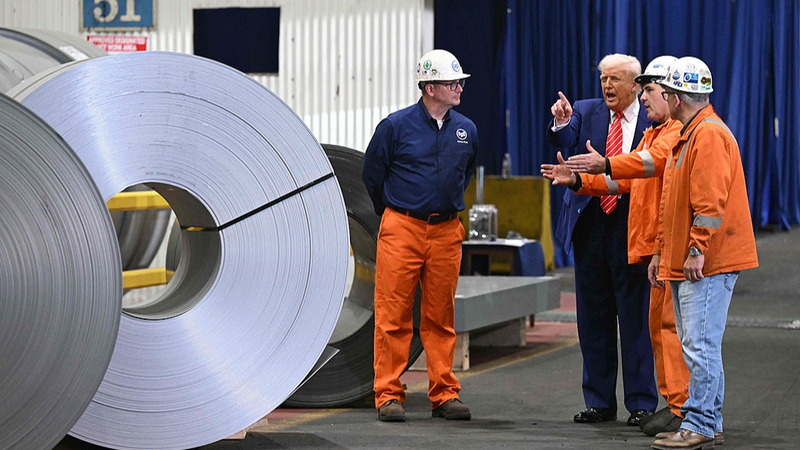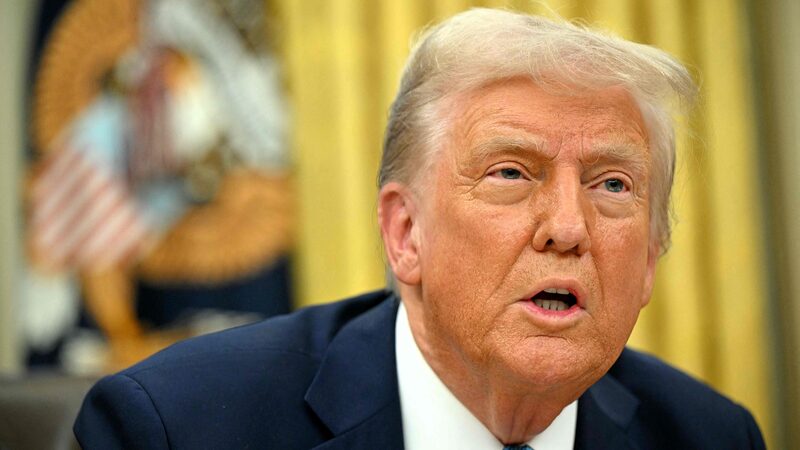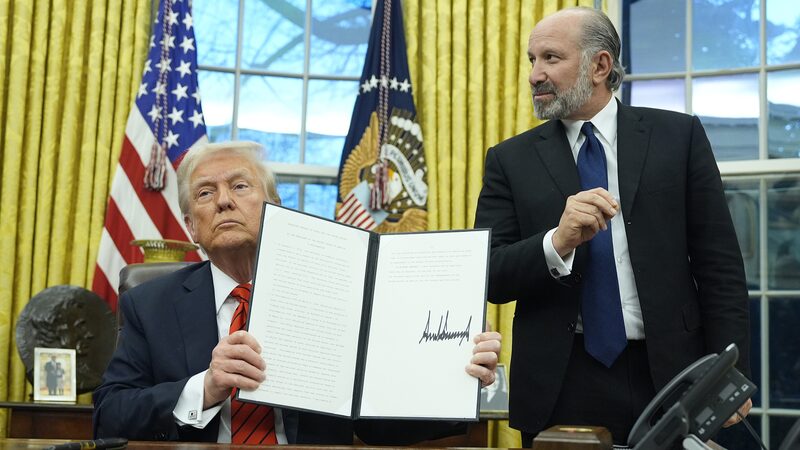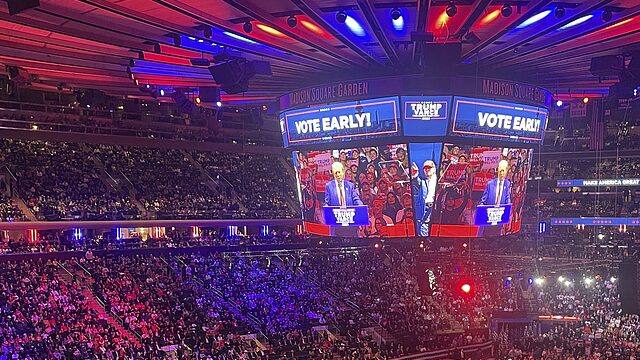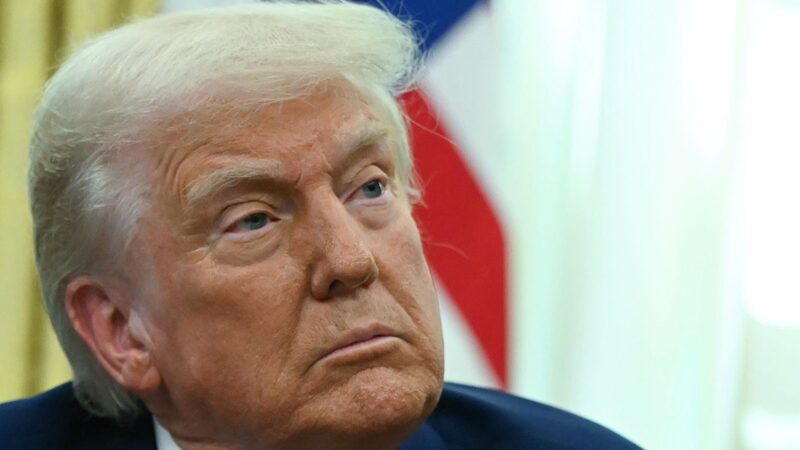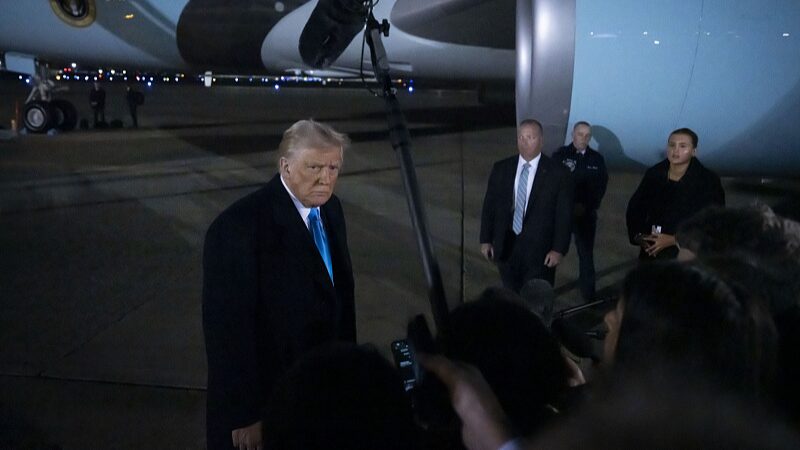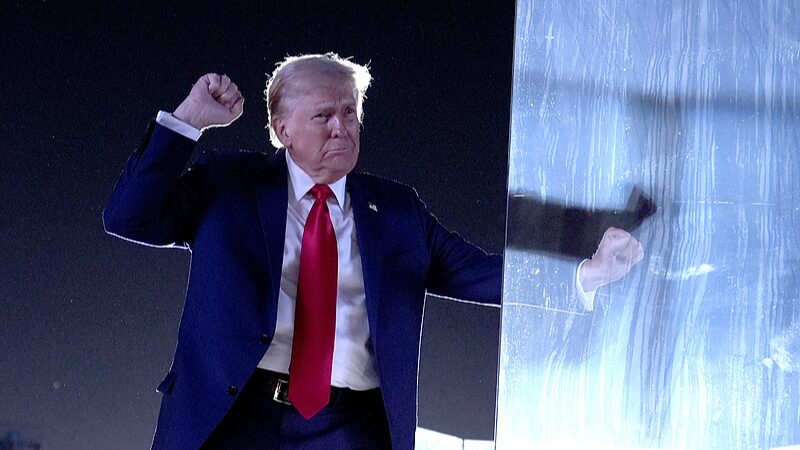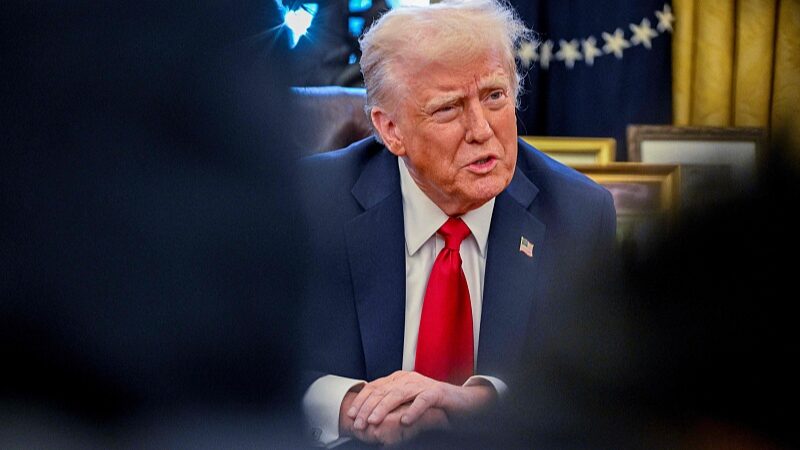U.S. President Donald Trump announced a sharp increase in tariffs on steel and aluminum imports during a rally in Pennsylvania on Friday, escalating trade tensions and raising concerns about global economic repercussions. The tariffs will rise from 25% to 50%, effective June 4, targeting foreign producers and reinforcing Trump’s "America First" economic strategy.
Speaking at a steel plant in West Mifflin, Trump linked the decision to a $14.9 billion deal between Nippon Steel and U.S. Steel, claiming it would protect jobs for American workers. "Our steel and aluminum industries are coming back like never before," he declared on Truth Social, emphasizing domestic production over international trade dependencies.
The move follows Trump’s accusations that China violated a bilateral agreement to reduce tariffs on critical minerals, though specifics of the alleged breach remain unclear. Analysts warn the tariff hike could strain U.S.-China relations and disrupt supply chains, particularly in manufacturing and construction sectors.
This marks Trump’s second major tariff action since 2024, when he first imposed 25% levies under Section 232 national security provisions. The expanded tariffs now cover raw metals and finished goods, including household items like frying pans and air conditioner parts. According to U.S. trade data, affected imports totaled $147.3 billion in 2024, with aluminum comprising nearly two-thirds of the volume.
As the world’s largest steel importer outside the EU, the U.S. faces potential price surges that could ripple through industries and consumer markets. Critics argue the policy risks retaliatory measures from trading partners, while supporters hail it as a revival of domestic manufacturing.
Reference(s):
cgtn.com
